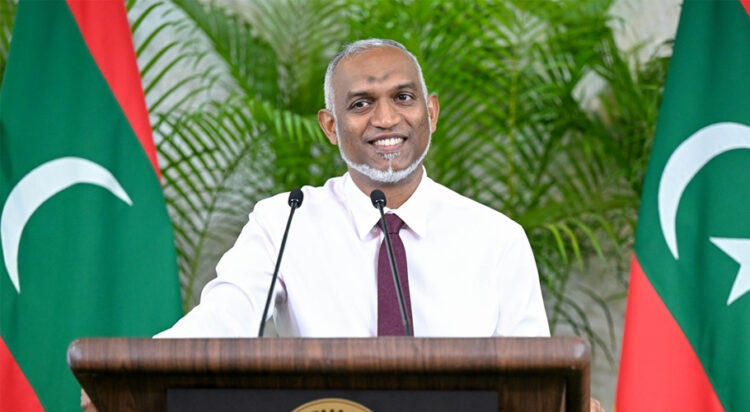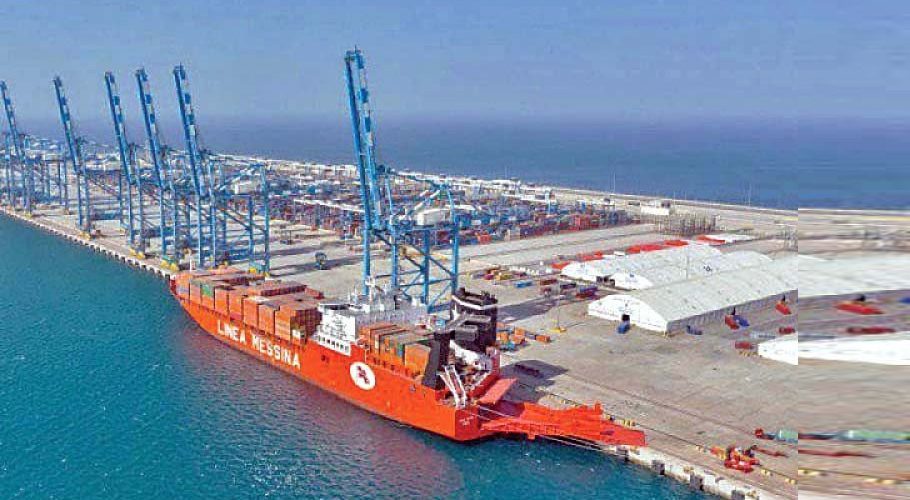Maldives President Mohamed Muizzu delivered a press conference lasting nearly 15 hours, claiming he broke the previous record held by Ukrainian leader Volodymyr Zelensky, as reported by international media.
According to an AFP report, a statement from the president’s office said that 46-year-old President Muizzu began the marathon press conference at 10 a.m. on Saturday, and it continued for 14 hours and 54 minutes, with brief breaks for prayer. The statement said the conference continued until midnight, setting a new world record for any president, and Muizzu continued to answer journalists’ questions throughout.
In October 2019, Ukraine’s National Record Agency claimed that Zelensky’s 14-hour press conference had broken the previous record of over 7 hours held by Belarusian leader Alexander Lukashenko. The Maldivian government stated that Muizzu’s extended session was aimed at celebrating World Press Freedom Day, which falls on Saturday.
He acknowledged the important role of the press in society and emphasized the significance of fact-based, balanced, and unbiased reporting. During the lengthy session, Muizzu also responded to questions submitted by the public through journalists.
The statement noted that President Muizzu, who came to power in 2023, was celebrating the country’s rise by two positions to 104th in the 2025 World Press Freedom Index published by Reporters Without Borders among 180 countries.
During Saturday’s session, he answered numerous questions, and around two dozen journalists participated in the press conference, where food was also served. One of Muizzu’s predecessors set another world record in 2009 by holding the first underwater cabinet meeting, aimed at highlighting the threat of rising sea levels that could swamp the low-lying country.
Former President Mohamed Nasheed jumped into the Indian Ocean, followed by other ministers. All cabinet members wore swimwear, and the meeting was broadcast on national television. The Maldives is on the front line in the fight against global warming, which could raise sea levels and submerge the nation made up of 1,192 small coral islands scattered across the equator.


































